I heard about this really cool book exploring Israeli basketball, so I caught up with author David Goldstein to hear about his research and story.
1. Tell us a bit about yourself?
I'm a journalist and sports executive based in Toronto, Canada. After 10 years as a corporate lawyer, I left my firm to become the Chief Operating Officer of U SPORTS (the national governing body of university sports in Canada -- our equivalent of the NCAA). I'm also an adjunct professor of sports law at the University of Toronto, and I lecture on the topic at my alma mater, Osgoode Hall Law School (York University). I'm a graduate of the Medill School of Journalism at Northwestern University, and I profiled NBA players for more than a decade in a regular sports feature for the Cincinnati Enquirer. From 2002 to 2003 I also wrote for SHARE, a weekly African-Canadian and Caribbean newspaper in Toronto. My father is from Canada, and my mother is originally from Israel. I was born and raised here, and went to Jewish day schools and summer camps before going to Northwestern.
2. What is Alley-Oop to Aliyah?
Alley-Oop to Aliyah is the incredible true story of four decades of African-American hoopsters choosing to go to Israel to play professional basketball.
In that time, more than 800 African-Americans have played in Israel, and many have fallen in love with the country and returned year after year. Some were born Black and Jewish; others converted to Judaism. Some even married Israeli women, served in the Israeli military, raised Israeli children and remained in Israel permanently.
The book examines how they end up in the country in the first place, the multitude of distinctive aspects of their lives there, the challenges and difficulties they face, and the reasons some choose to return year after year, or even stay.
3. How did this project come into being?
My brother and I were in Jerusalem visiting my maternal grandparents in May 2007. They had invited some of their friends over (all women well into their 80s), and the conversation took a big turn when my grandmother mentioned that we were from Toronto.
"Ohhh, Toronto -- Anthony Parker!" they exclaimed. "Eizeh motek!" (Hebrew for "What a sweetie!") They also characterized him as "be'emet mensch!" (Hebrew and Yiddish for "truly an honorable man!")
I had no sense that the current city of residence of a prior Israeli league basketball player would be common knowledge among a group of elderly ladies in a religious neighborhood of Jerusalem. If they were this into the game, what must the rest of the country have been like? My curiosity -- about basketball in Israel, generally, and the experience and impact of African-American players there, specifically -- was piqued.
I printed up a few articles for the plane ride home, and began what would ultimately become a decade-long process of research and writing, culminating in this book.
4. What was the biggest thing you learned through your journey?
I learned more in the last 10 years working on this book than I could have ever imagined. More than anything else, I learned about an unsung cohort of people who are, in their own way, extraordinary ambassadors and heroes of Israel.
I always pictured prominent Israelis as political figures, military leaders and religious scholars. African-American basketball players in Israel, however, embrace the country, represent it and advocate for it internationally, and remain side-by-side with their fellow Israelis during times of conflict, when they could easily choose to leave. By bringing high-level basketball to Israel, they also provide invaluable distraction during those difficult times, and some even serve in the Israeli military themselves, or raise sons or daughters who do so.
The positive feelings so many African-American basketball players have toward Israel, and the bond they develop with Israelis, are extraordinary. That said, their experiences aren't perfect, and I discuss their primary challenges in detail as well.
5. How can people learn more or get involved?
If you're interested, you can learn more about Alley-Oop to Aliyah on the book website, you can follow on Twitter, or you can like the book on Facebook. There's also a great article that recently came out about the book from The Times of Israel.
As for getting more involved, I would encourage your readers to spread the word about the book to anyone they know who may be interested in the subject.
6. What's next?
I'm reaching out to media about covering the book, and to various organizations about potential events and speaking engagements to promote it. I'll be focusing my efforts in Toronto, New York and Chicago for the two weeks surrounding the release, and expanding those efforts thereafter.


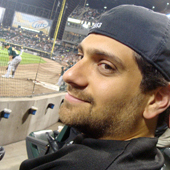
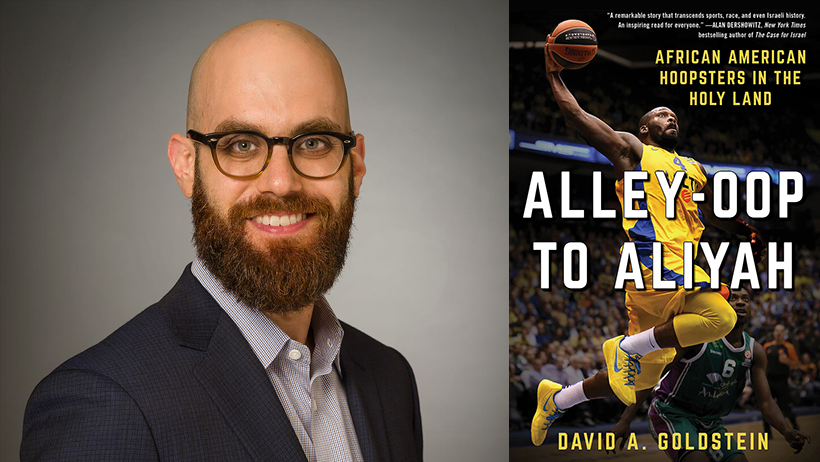
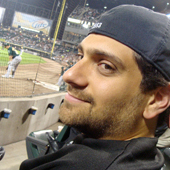
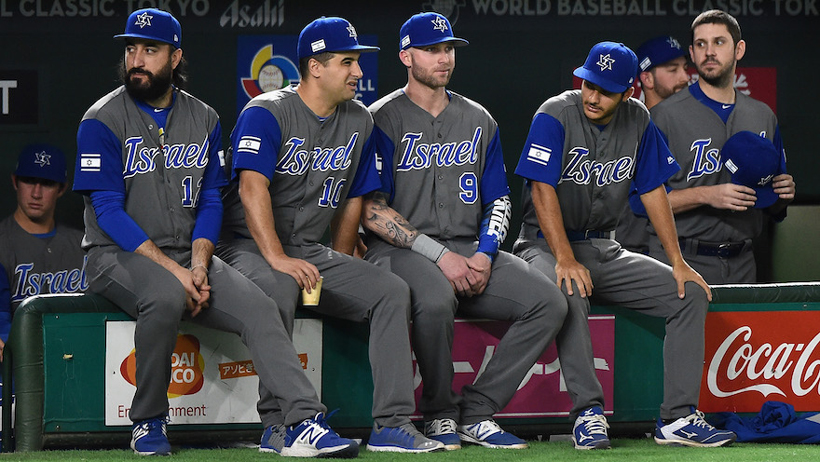
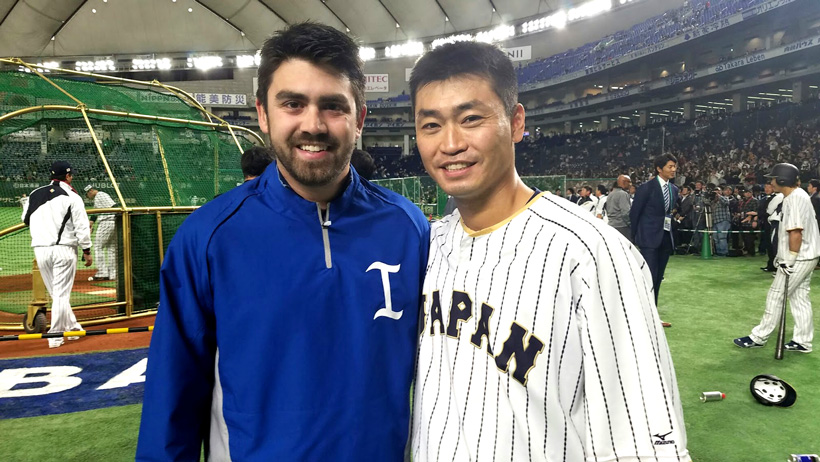



.jpg)



